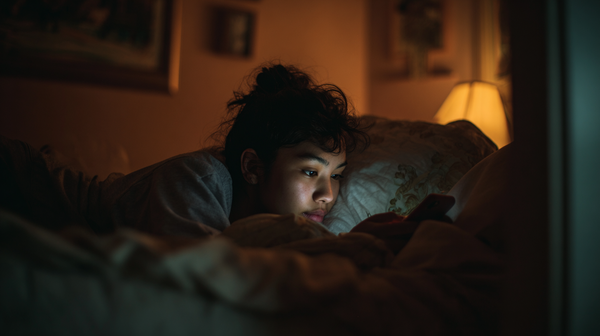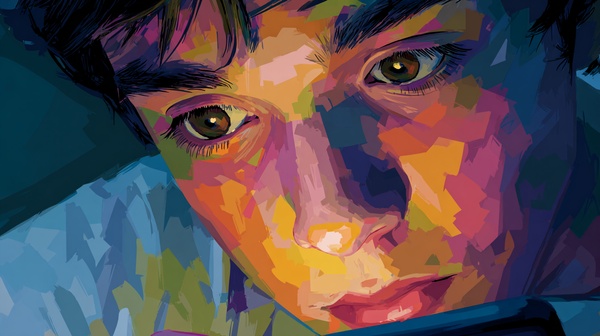Influence for Sale: Inside the Creator Economy's Mind Games
Unpack the dark psychology of the creator economy - where influencers weaponize trust, intimacy, and scarcity to drive sales and shape opinions among Gen Z audiences.
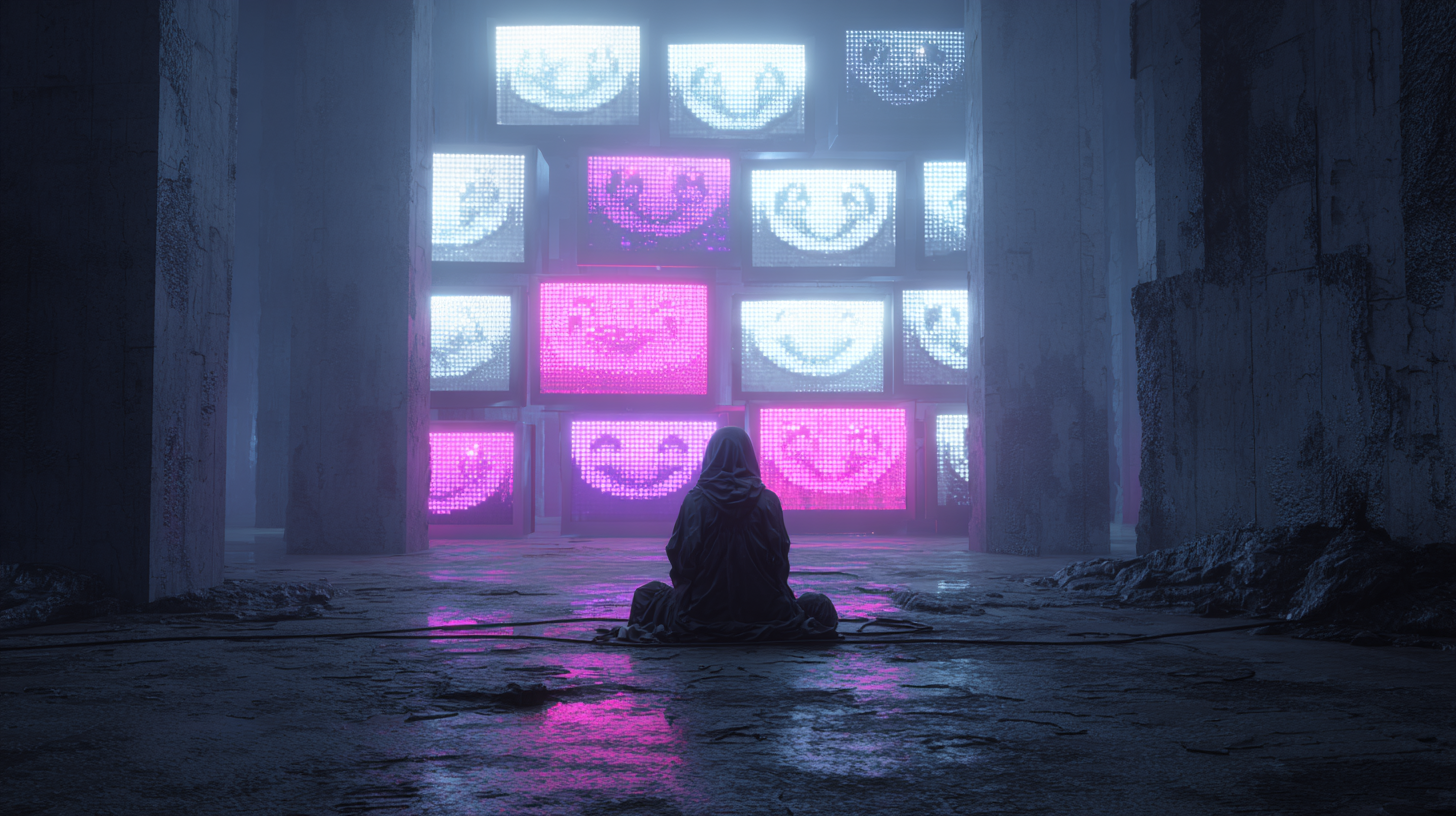
The hashtag drops. The morning-coffee selfie. The reward of a like. In the corridor between feed and impulse, something subtle happens: connection becomes commodity.
On platforms with names you can't escape, creators craft not just content - but relationships. Not real friendships, but something eerily close: a sense of "they know me," "I trust them," "what they like, I like." And this sense is what the creator economy trades in.
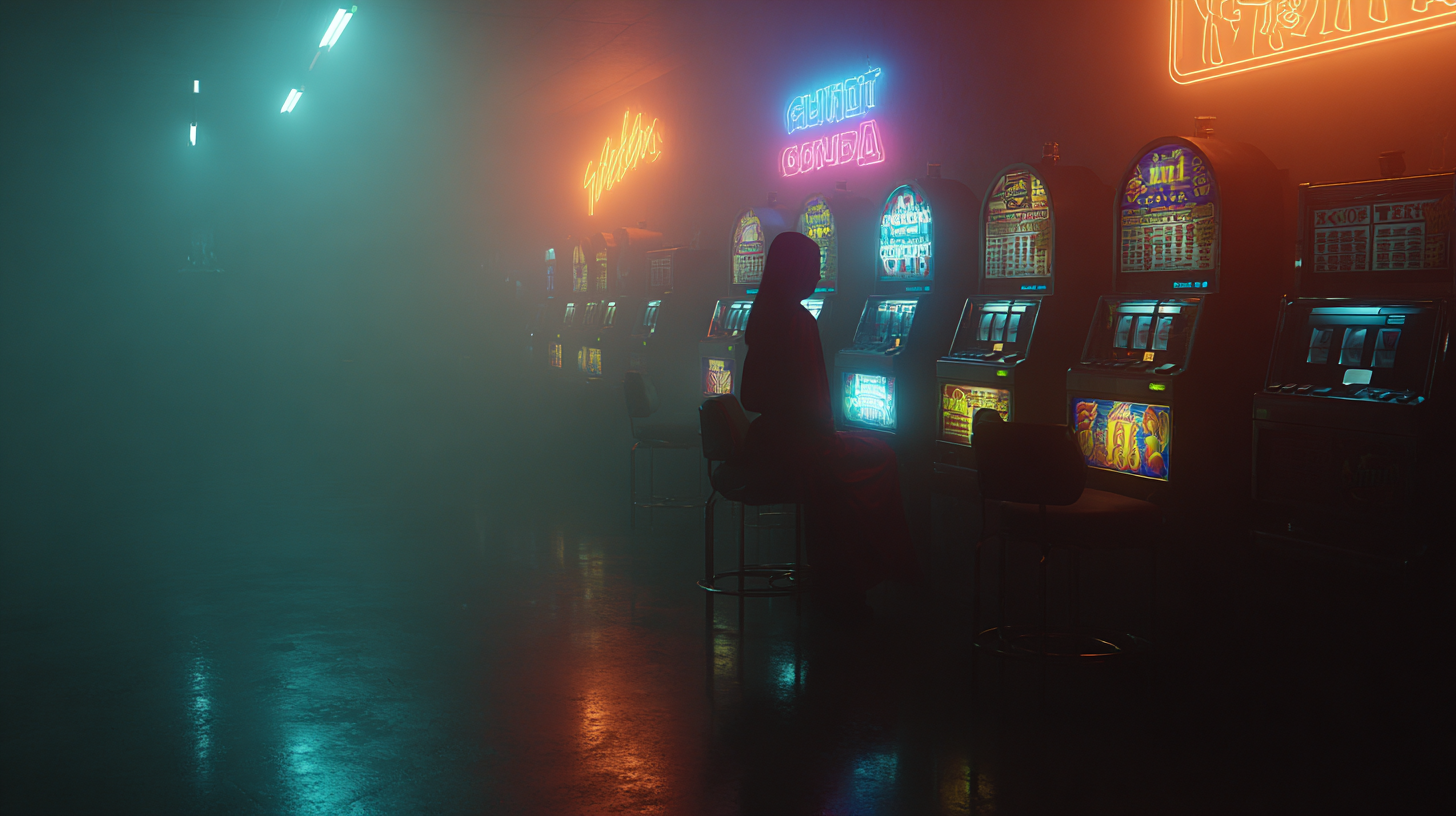
For a generation raised in algorithmic attention, the road to purchase often begins with intimacy. The path from scroll to buy is paved with trust - or what feels like trust. What we call "influence" now is less about persuasion in plain sight and more about soft permission: I'll do this becauseyou did, because you are me, because *I see bits of myself in you.
I wanted to examine, and expose the hidden levers. I'll do this by examining how creators and brands exploit psychological mechanisms - not by shouting at us, but by quietly whispering: you belong here.
I will track how authority bias, social proof, scarcity, parasocial bonds and authenticity facades combine in the creator economy to drive behaviour. And we will ask: when connection becomes strategy, who truly holds the power?
Parasocial Bonds: The Illusion of Friendship

You don't follow them because they're a billboard. You follow them because they feel like a friend. But that's the catch: they're not.
In media psychology the term of art is the parasocial relationship - a one-sided emotional bond formed between a viewer and a persona.
When a creator posts about their day, their dog, or their dinner, when they ask a question and pretend to hear you in the comments - they are engaging in a ritual of connection. But you'll never ring their doorbell. You won't get a DM.
And yet you feel included.
Empirical research shows that stronger parasocial relationships amplify the persuasive power of creators. A study found that the authenticity, homophily (sense of similarity) and informative content of influencers increased purchase intention through the mechanism of a parasocial bond.

"These relationships can heighten the persuasive power of social media influencers by increasing their credibility." Another review argued that personal disclosure, empathy, and interpersonal attraction (task, social, physical) all contribute to the building of parasocial relationships in influencer marketing.
In plain terms: when you feel understood, when you feel the creator gets you, you're more likely to trust their recommendation. And that trust becomes a gateway for influence. What looks like authenticity is often the vehicle for subtle persuasion: "I'm just like you" → "I found this product" → "You might like it too".
The danger here is the blurring of boundaries. You believe you are choosing; you feel that you are choosing. But the architecture of the relationship was designed to make you predisposed to follow. When friendship becomes a funnel, intimacy becomes leverage.
Authority & Authenticity: The Façade That Converts

Why do we buy from some creators and ignore others? Because we've been trained to obey authority - or what looks like authority. In the digital arena, authority doesn't come with a PhD or a uniform. It comes with credibility cues - the right lighting, the right brands, the right tone of voice.
Creators craft signals: the "behind-the-scenes" shot, the "my real story", the "raw unfiltered" post. These signals say: "I am real. I am expert. I am you."
When a creator appears expert, relatable and emotionally open, they become an authority in their niche.
Research shows that perceived expertise and credibility of influencers impact purchase intentions via parasocial relationships. Authenticity matters. One study on Gen Z shows that "Authentic Vulnerability" - influencers admitting flaws, sharing routines - had a significant positive effect on brand awareness and purchase behaviour.

But here's the twist: authenticity is often curated. The post that says "no filter" still had a filter. The story of "I started from nothing" still had sponsorship. The façade works because it feels unguarded. And feeling unguarded disarms your critical defences.
Combine that with authority cues ("I've tried this", "I know this") and you have the optimal persuasive posture: trusted expert + relatable friend.
When a creator wears both hats, the brand partnership becomes not just a product pitch - but a transfer of identity. The underlying mechanism? Authority bias: you accept the word of someone you perceive as authoritative. And when that authority is packaged in friendliness and relatability, the bypass is total.
Scarcity & FOMO: Engineering Urgency

Scarcity isn't just a marketing trick - it's a neurological trigger.
When we're told something is "limited," our brain lights up like prey spotting an opening. In the creator economy, that reflex has been weaponised.
"Only 500 left."
"Last chance to join."
"Exclusive drop - 24 hours only."
Scarcity creates value not because the product is inherently rare, but because you've been told it is. Research in behavioural economics shows that perceived scarcity heightens desire and lowers rational evaluation - a phenomenon known as the scarcity heuristic. On social media, that mechanism is supercharged by visibility: you see others getting the thing you might miss, triggering FOMO - the fear of missing out.
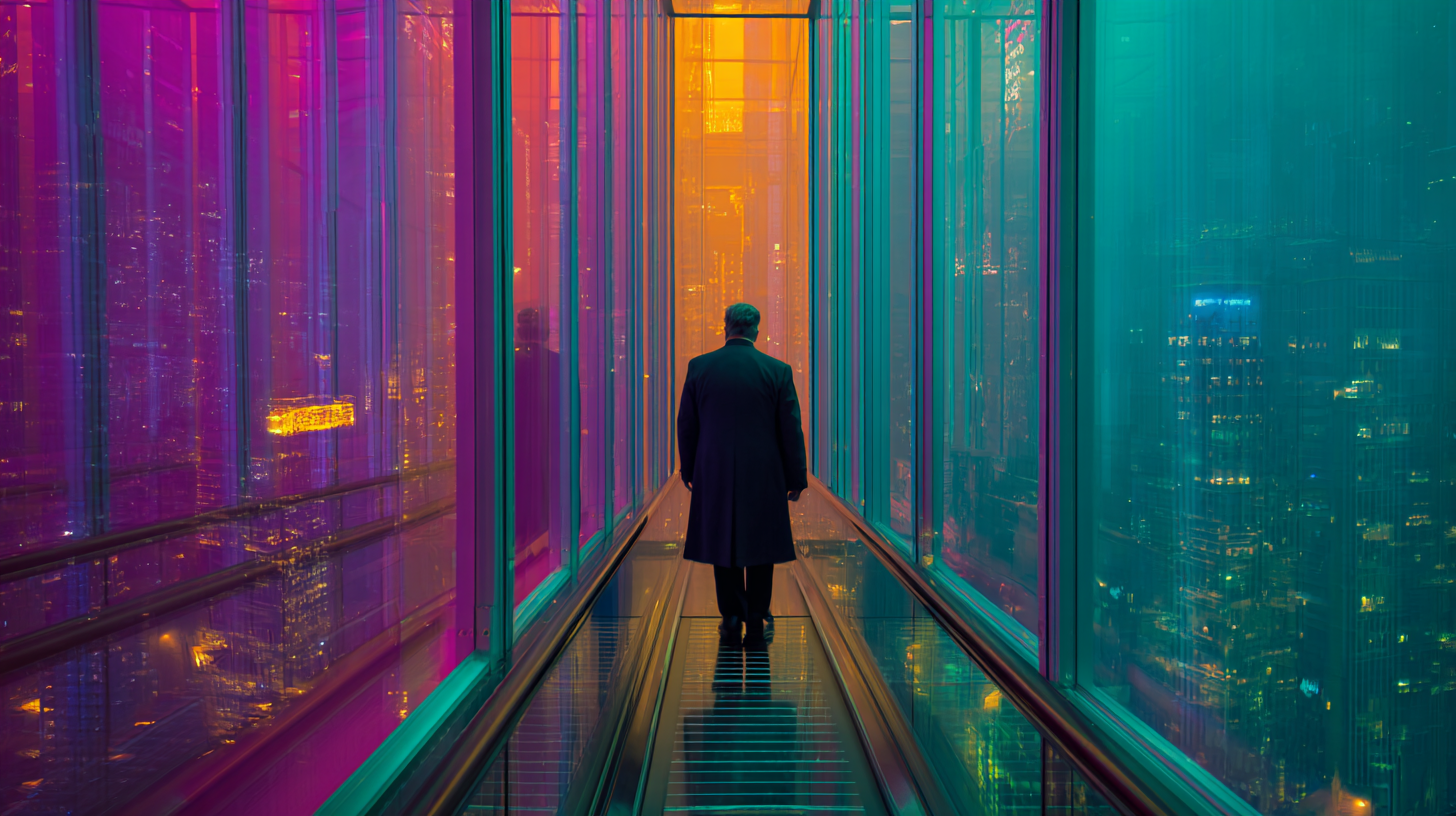
One study found that scarcity cues in influencer posts significantly increased consumers' impulse buying intentions, particularly when combined with social proof (likes, comments).
Influencers deploy scarcity as theatre. The countdown clock. The "sold out in minutes" caption. The private link "for my followers only." It's the digital equivalent of a velvet rope - exclusivity designed to ignite anxiety. The message isn't "you want this." It's "you'll be left behind without it."
And that's the genius of the tactic: it hijacks our social wiring. We're not buying just to own - we're buying to belong.
The Economics of Emotion

At its core, the creator economy isn't selling products. It's selling feeling - belonging, aspiration, recognition.
Each partnership is a transaction of emotion disguised as content. A skincare routine becomes a ritual of self-worth. A coffee brand becomes a lifestyle. A hoodie becomes an identity marker for the tribe.
These emotional conversions are deliberate. Brands increasingly select influencers based on "emotional congruence" - how well their personal narrative aligns with the feeling the brand wants to evoke.

The influencer's life becomes the proof of concept: if you buy what I buy, maybe you'll feel like me. And what we call "relatability" is often a form of affective contagion - emotions spreading through mimicry and exposure.
Researchers have shown that repeated exposure to emotionally expressive influencers can shape viewers' moods and self-perception, even when followers know the content is commercial.
This is where dark psychology meets economics: the affect loop becomes monetized.
Creators build trust → trust builds emotion → emotion builds demand → demand reinforces creator status → repeat.
It's a self-sustaining system powered by feelings. And the more "authentic" it feels, the more effective it becomes. When emotion becomes currency, every confession, smile, and cry can be optimized for yield.
How to Resist: Reclaiming the Real

Influence isn't evil. It's inevitable. What matters is whether we see the machinery behind it.
The first act of resistance is awareness. Knowing that authority bias makes you over-trust "relatable experts." Knowing that social proof makes popularity feel like truth. Knowing that scarcity makes urgency feel like importance. Once you can name the mechanism, you can step outside it.

Practical awareness looks like this:
- Pause before impulse. Ask: "Would I want this if I hadn't just seen them using it?"
- Audit your feed. Who profits from your attention? Who nourishes it?
- Diversify input. Follow people who aren't trying to sell you anything - artists, historians, comedians, people who remind you that meaning can exist outside commerce.
- Don't confuse access with intimacy. Liking someone's content doesn't mean they know you - or that they should influence your wallet.
Ultimately, the antidote to manipulation isn't cynicism. It's discernment. The ability to hold admiration and autonomy at once. To say: I see the craft. I respect it. But I choose for myself.
Because the real danger isn't that influencers are selling. It's that we've forgotten how often we're buying the illusion of connection.









